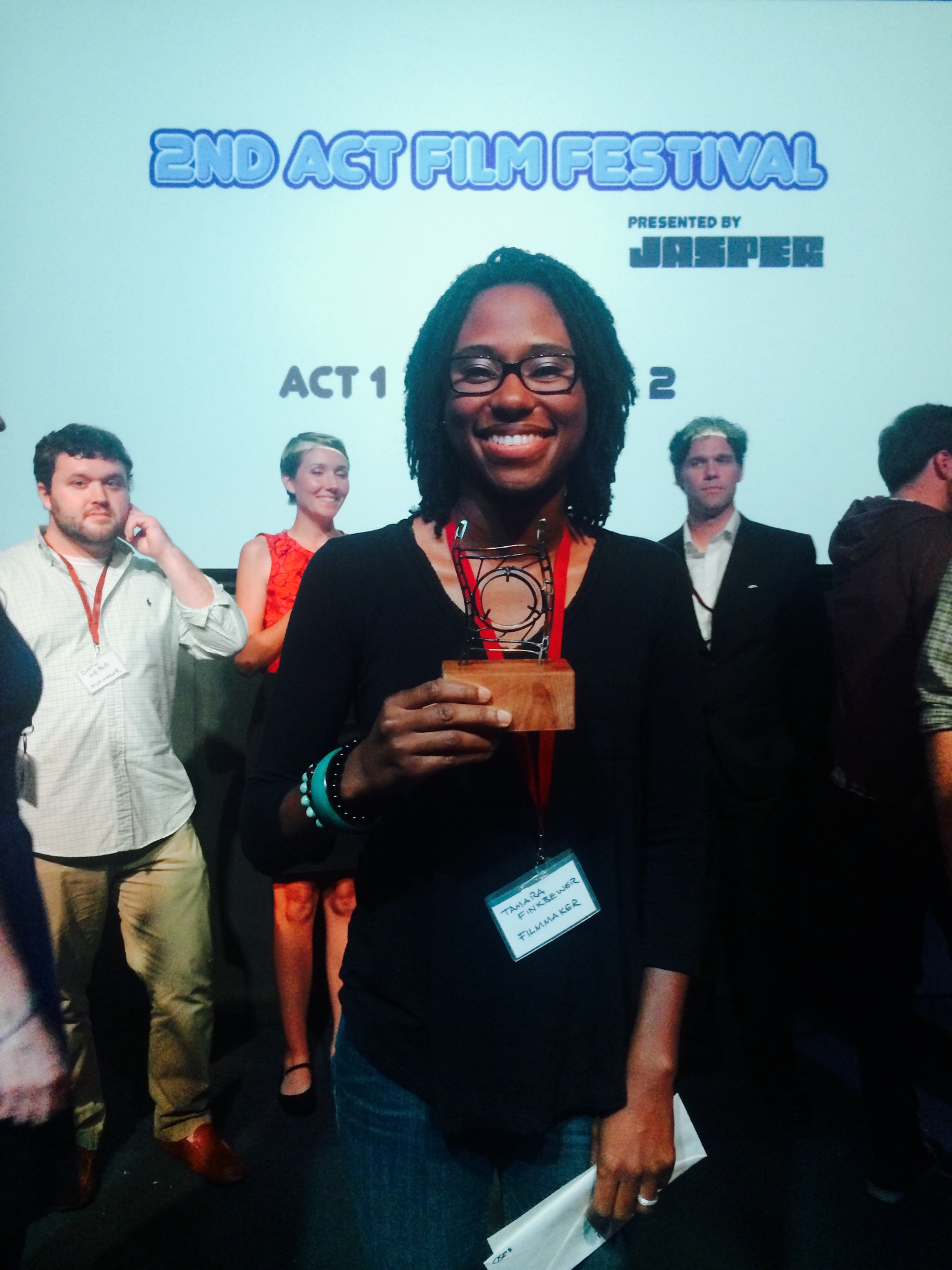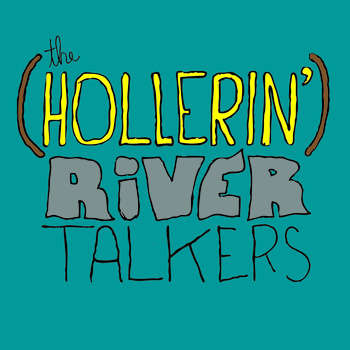 By: Michael Spawn
By: Michael Spawn
Around Columbia, Pedro Lopez de Victoria is best known as the front man and songwriting force of Casio Mio, the manic, electric pop group he formed in 2013. But the band’s intense, sweat-soaked delivery can sometimes overshadow the personal nature of LDV’s lyrics, something he hopes to rectify with plans for solo, more acoustic-based material. Jasper caught up with the songwriter to discuss his future projects, his hometown of Aiken, and how growing up there instilled in him a reverence for the oft-forgotten art of busking. *
Jasper: Tell me about the music you’re working on outside of Casio Mio.
Pedro LDV: Basically, it’s all part of the same kind of heart excavating, personal, honest music that I’ve been putting out with Casio Mio. But Casio Mio is kind of that, but with jackrabbit legs, so it makes everything louder. And sweatier. And the stuff outside of that, it’s from the same source; it’s just the song in its rawest form. Because when I write music, I’m always thinking in the back of my mind, like, ‘Oh, this could be a good symphonic break,’ or ‘this could be a good part for a sick bass line,’ but it’s all kind of embedded in this genetic code that, when I’m playing, it’s the base genes of it.
But it’s all a continuation.
Yeah. Casio Mio has always been my songwriting, just amped up a little bit. Kind of distorted.
Are you going to record any of this music? Are there plans for a record?
Yeah, I’m going to be doing a recording of some of my acoustic stuff with Daniel [Machado] from the Restoration. We’ve talked a little bit about working together. One thing we see eye-to-eye on is that there’s something in the performative aspect of our music that could be parsed out a little bit. The livewire thing that comes out of it, I’d want it to be a big part of any release of my solo stuff, because that’s kind of what it’s been. I’ve been in a number of bands with all these bells and whistles, but the undercurrent has always been simple—just standing there with a guitar, maybe stomping on a tambourine, playing a Nirvana cover. That’s the needle to the vein, you know? That’s the most direct method for me. So I’ll probably just put something out under the name Pedro LDV and it’s just going to be an audio capture of my recent stuff and from there I’ll implement more instrumentation and interesting stuff. The next Casio Mio record we’re writing, which we’re still working on, is definitely going to have a lot more than the bare bones, but I still want to get the bare bones stuff and accouterments figured out.
Which will see the light of day first—the new Casio Mio or the Pedro LDV record?
Probably Pedro LDV just because Lee [Garrett, Casio Mio drummer] is spending the summer in Knoxville, so that’s been delaying stuff a little bit. But it’s been coming out of my pores. I can’t stop writing, so that record will naturally be a thing that’s going to happen first, probably.
In what way have you and Daniel been collaborating? Are you writing together or showing each other things you’ve written independently?
We’ve just been kind of just been showing each other songs, but mostly talking about taking the first step of him recording me and then . . . We’re really just into each other’s songs. We haven’t done anything yet, but we’ve got an understanding of each other’s styles and I think that we’ll definitely do something in the future.
Tell me about being drunk in Aiken, busking on the street corners.
Aiken is a pretty dry spot for being a young, teenage creative person; it’s not really known for its offerings in that respect. Therefore, it’s kind of a 101-lesson plan in trying to carve out your own niche in the music scene. It was like going uphill on roller skates because there are no venues. The only venue was a Christian café called Solomon’s Porch; I played there one night and they had an issue with one of my lyrics. I had a song that said, “damn right,” and they just wouldn’t let me play it. So that was a restriction and basically I decided to just get a business license and start busking in the street downtown. And this was groundbreaking. Until then, there had been no street performance at all of that nature. And people enjoyed it because, well, because they were drunk, but also because it was this novel thing that they weren’t used to seeing. So I enjoyed doing that. What I like about busking is it’s own kind of thing. You know, it’s just me and there aren’t any amps and it’s not really congruent with anything and it’s this improvised, organic thing, as opposed to a gig where you have these songs or a record. You could always, if there’s a guy who likes ABBA, just play an ABBA song.
Did you come with a set list or just take requests?
I would just feel the crowd. It’s a more engaging, interactive thing if the people are in the right mood.
What would you guess is the largest audience you’ve ever busked for?
That’s a good question. But when does it not become busking anymore? When does it become a concert? Where’s the line? I think the key here would be, ‘What’s the biggest unplanned crowd?’ Probably my favorite crowd was when I was in New Zealand in this town called Palmerston North for a little bit; I bought this crappy little classical guitar and I was playing near this monument, and these kids started coming around and following me. Then the kids got more people to come and all of these people started gathering around. I think they thought it was a planned thing. That was the line, I guess, where it became this kind of event and people were giving me random things—cups of coffee, business cards, tickets, that sort of thing. It was a beautiful thing to just have spring out of the earth like that.
*[‘What is busking?’ you may be asking. You see that guy or gal over there on the street corner with the guitar/saxophone/ukelele/pan pipes, hoping to scrape together a few extra bucks? They’re busking. Now cough up a dollar.]
https://www.youtube.com/watch?v=qV7BNmnbs94






